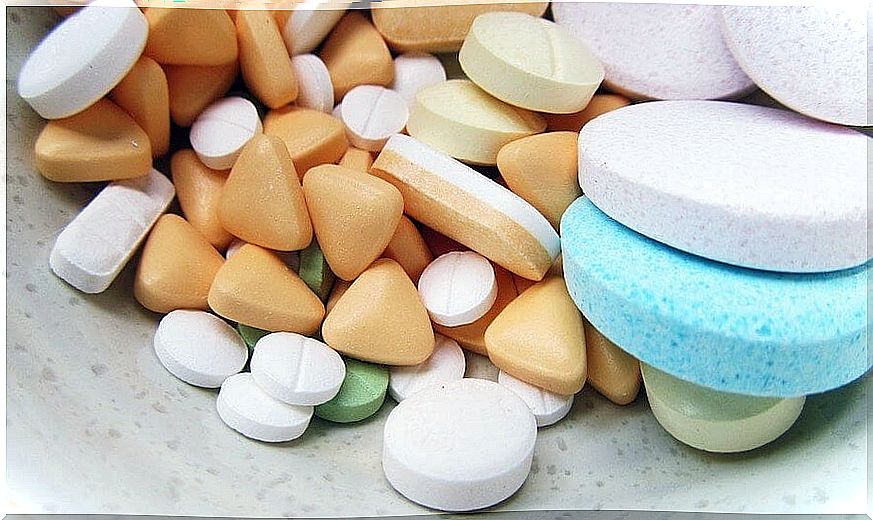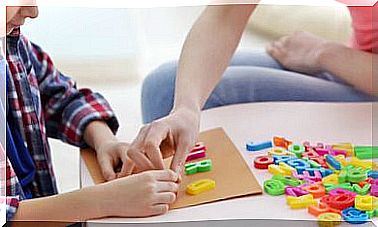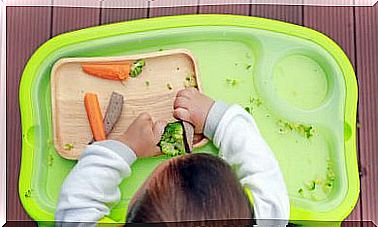4 Medication Mistakes Parents Can Make

Medication errors are very common in children because many medications come in syrup form and measuring can be tedious. Although minimal dosing errors are not clinically significant in most cases, some children may have very unfavorable adverse reactions.
In fact, according to some studies, the formulation of doses in children can be something really complicated from a pharmaceutical point of view. If you are interested in learning a little more about the subject and improving this aspect of childcare, we invite you to continue reading.
4 medication mistakes parents can make
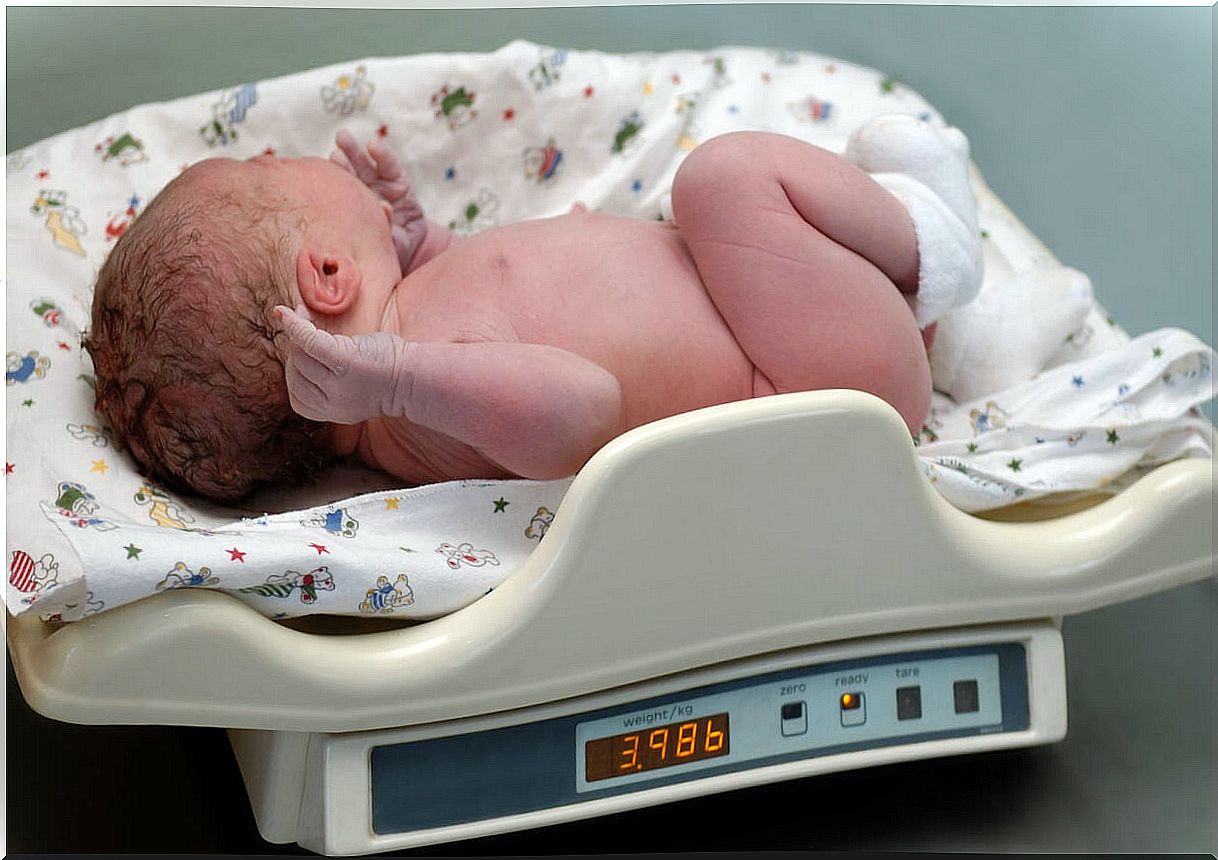
1. Ignore changes in weight for medication
Doses of medication in children is calculated taking into account the weight and concentration of the drug in question. For example, a presentation of ibuprofen of 120 milligrams per 5 milliliters is not the same as another of 180 milligrams in 5 milliliters.
It is also not the same to give the same amount of the drug to a 1-year-old baby as to a 6-year-old child. The fundamental difference is the weight and the type of medicine. That is why in each pediatric consultation special emphasis is always placed on measuring both this value, in addition to height, although the latter is used to assess growth and development.
Erring in the dose of a commonly used medication -such as paracetamol- due to not knowing the child’s weight usually happens when they are preschool or school children. This is because it spends much more time between doctor visits than with babies.
Imagine that your child develops a fever after 8 to 9 months have passed since the last time they were weighed. The most logical thing is to give the same dose of paracetamol that you are used to, but most likely it is a lower dose than adequate. A valid option is to weigh it and briefly consult the pediatrician.
2. Give an approximate measure or measure the dose wrong
Medication that is available in suspension form usually comes with meters so that parents can give the correct dose. However, if this is not the case or the meter is lost, errors may exist.
It happens a lot when you give “a teaspoon” of the drug, thinking that this will be similar to the dose indicated by the doctor. First, not all spoons are the same size or depth, and second, the only valid option is to first measure the medicine and then place it on the spoon.
3. Ignoring the doctor’s instructions is one of the most common medication errors
Although parents have every right to doubt medical indications, ignore them and resort to assisted self-medication, it is a mistake. Changing medications, doses and routes of administration does not usually bring good results.
This is especially prevalent among those who are very confident in natural remedies. While many of them do not pose a health risk, some can backfire. In case of doubt, it is best to consult directly with the specialist and, if you do not feel confident, go to another professional.
4. Give medicines with infusions
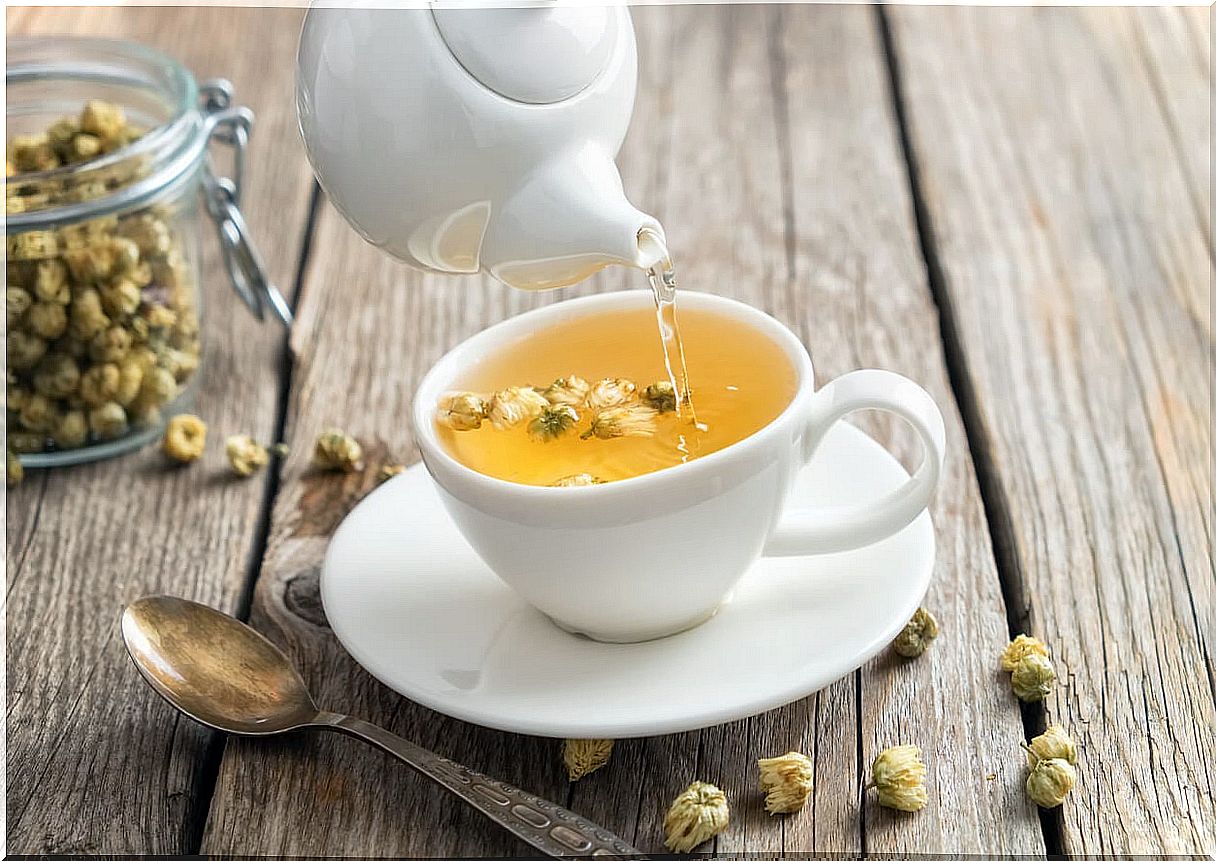
The body of babies and young children is not prepared to bear the same load as adults. While it is common to see people who consume a chamomile tea or some other infusion along with medications to relieve a headache, for example, this practice can be fatal in the little ones.
An example of this is the work entitled Hepatotoxicity and consumption of herbal products in the pediatric population (2015). In this scientific review, the authors highlight the danger of consuming natural products in excess.
The main organ affected is the liver, and cases of hepatitis and even liver failure can occur. If this last clinical picture is reached, many of the body systems can fail, putting the patient’s life at risk. The aforementioned infusions usually contain chamomile, mint, green anise and star anise.
If in doubt, consult your pediatrician
Although we have mentioned some basic mistakes, many eventualities can occur during children’s medication. Therefore, it is very important to follow the instructions to the letter and, if things were not clear, briefly consult with the trusted specialist.
